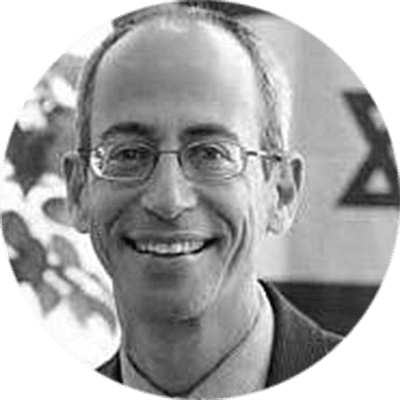Heed the Hyphen
Recently, I read an article on the myriad ways teachers can and do use summer break for professional development. One list included online courses and virtual conferences, free multi-day seminars on the educational uses of AI in the classroom, book groups, journal reading, education podcasts, blog writing, social networking to share and collect teaching ideas, and curriculum development for new courses on the horizon.
These are all good uses of the summer months. However, a strong case can be made for doing something unrelated to our identity as teachers, for we are more than our professions. We have hobbies we want to pursue, interests we want to develop, friendships we want to deepen, family members we haven’t spent enough time with, scrapbooks that we haven’t finished assembling, musical instruments we haven’t had time to play, and baby blankets we haven’t finished knitting.
We aren’t only teachers. We are teacher-dads or teacher-moms. Some of us are teacher-cyclists and others are teacher-runners. Some of us are teacher-gardeners and others are teacher-travelers. I suggest that summertime is a time to heed the “hyphen.”
First, it’s good for one’s mental health, especially in this post-Covid 19 period. For the past two years, teachers have had to deal with sudden shifts to remote learning, adapting to new teaching modalities, and supporting students through periods of uncertainty and disruption and bouts of anxiety and depression. Most teachers likely have ignored the accumulated stress and exhaustion they experienced during this demanding period. Heeding the hyphen during the summer break allows us to recharge our emotional reserves. Caring for ourselves requires no justification. But in case someone is feeling guilty attending to one’s own well-being, we should remember that the healthier we are, the more capable we are of supporting and nurturing our students’ mental health and addressing their instructional needs.
Second, we should honor the hyphen for another reason. Summertime is a good chance to recalibrate and establish a healthier balance between one’s personal and professional lives. By honoring the hyphen, we are doing nothing less than creating boundaries that foster a healthier relationship between work and personal life. Our passions, hobbies, and loved ones remind us that as much as our self-identity is wrapped up in teaching, we are more than teachers. We are part of a family, a congregation, a social network of face-to-face friends in whom we can invest not just quality time but quantity time. We are travelers. We are photographers. We are musicians. We are sports enthusiasts. We are readers. All these multi-faceted components of who we are provide a sense of fulfillment outside of work and on the days when things aren’t going so well in school, we can rely on the hyphen to pick us up.
Third, highlighting the hyphen makes us real. Typically, we ask our students on the first day of school to share what they did over the summer. We should do the same. We could say that we prepared for the school year all summer, and our students will likely say, “how boring!” But when we tell them that we took kayaking lessons and then spent a week on one of the thousand lakes in Minnesota or through freshwater marshes in the Everglades or down the Colorado River and into the Grand Canyon, I imagine our students will be eager to hear more. Inside they’re saying to themselves, “my teacher has a life!” We suddenly become more relatable and authentic, and without doing any formal professional development, become more effective with our students.
Heeding the hyphen has value in and of itself for teachers’ own well-being. But it also does one more thing. It models something important for our students. Our summertime adventures, passions, and hobbies teach the value of continuous learning. They showcase that learning doesn’t happen just in school and only until graduation. More than that, it reminds students that they, too, are not only students and they, too, should make time to harvest their hyphen.



Yes! I have been working on my “hyphen” activities ever since the last day of faculty meetings. There are myriad touristy activities (some right here in NJ) that are part of Camp Savta. Having extra time to spend with various grandchildren is a real treat. My serious side – the Condominium Board president – is able to shepherd some serious repair projects to fruition. And then there is time to whip up fruity, slushy drinks in the blender. Kol tuv, Chaye
R. Lee, outstanding and important insights! A healthy lifestyle will pay in dividends in teaching and relationships!